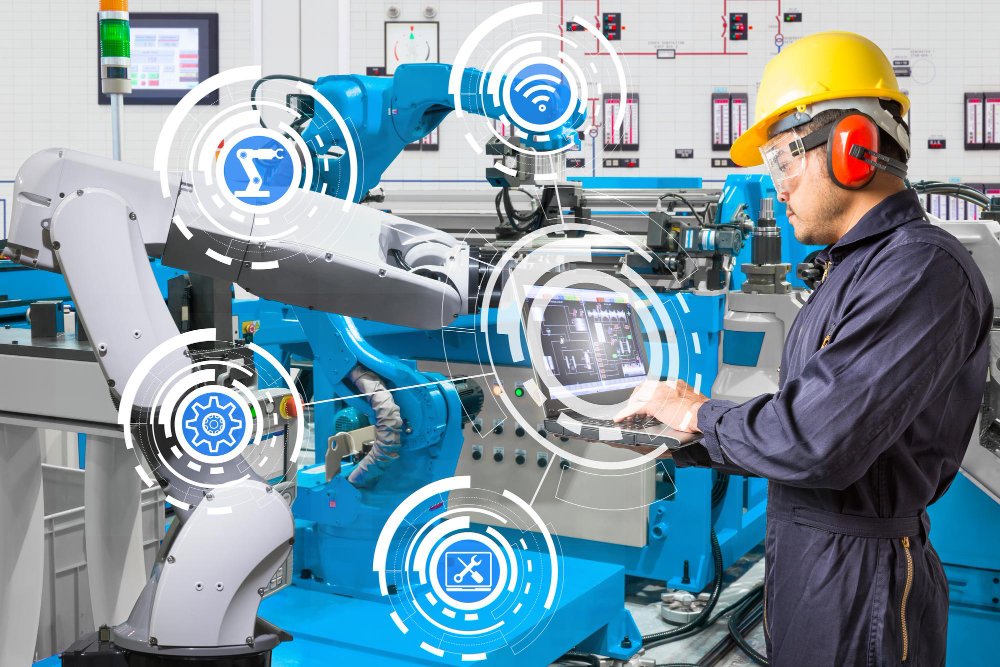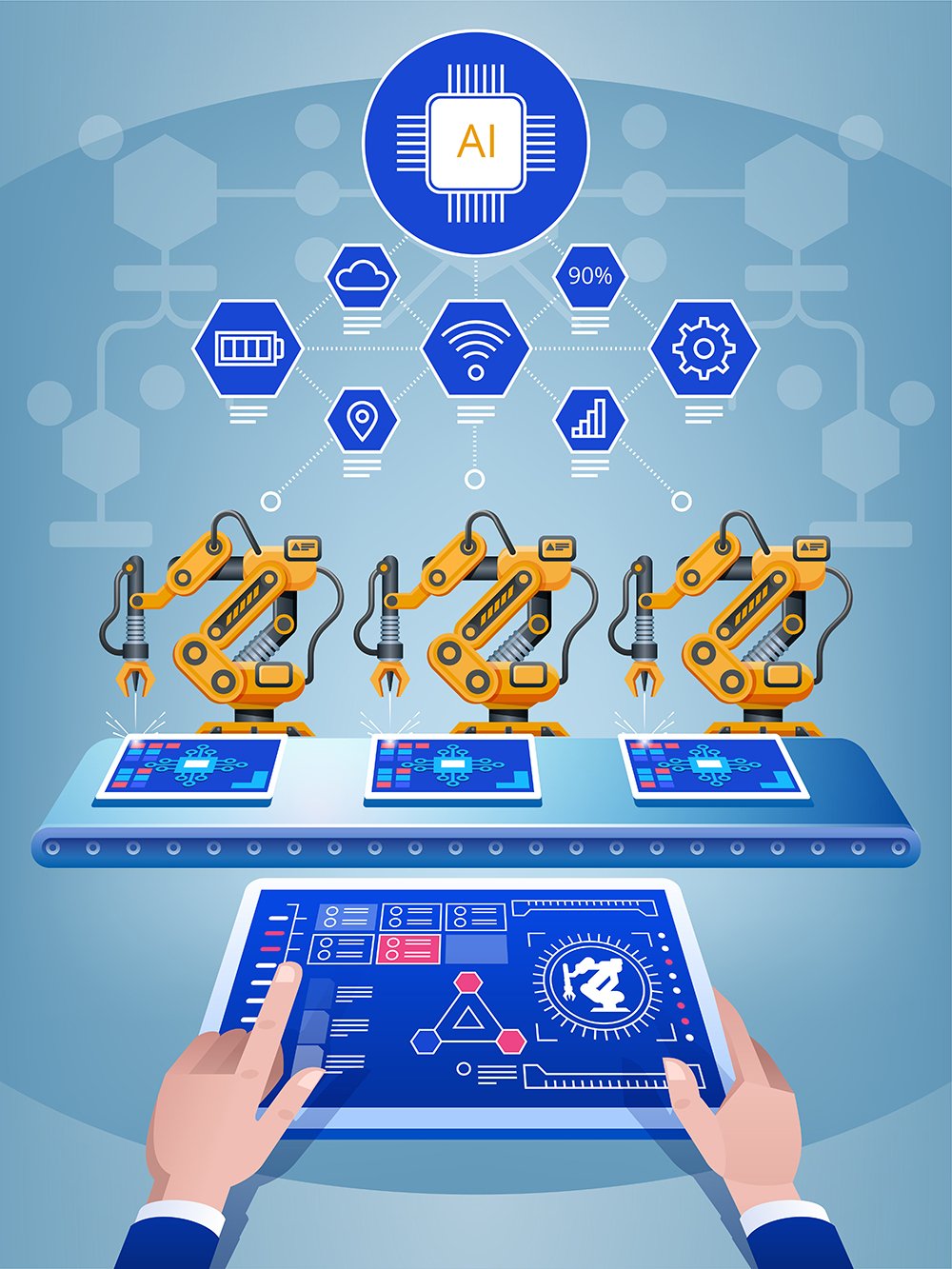Diveb Technologies
Robotic Process Automation
Robotic Process Automation (RPA) is a technology that uses software robots or “bots” to automate repetitive and rule-based tasks within business processes. RPA aims to increase operational efficiency, reduce human errors, and free up human workers to focus on more complex and value-added tasks.


Tasks Automation:
- RPA focuses on automating routine and rule-based tasks that involve data entry, data extraction, data validation, and other repetitive processes.
- Bots can perform these tasks by mimicking the way human workers interact with software applications, manipulating data, and making decisions based on predefined rules.
No Coding or Minimal Coding:
- RPA tools are designed to be user-friendly, often allowing automation to be implemented with little or no programming skills.
- Some RPA tools use a visual drag-and-drop interface, making it accessible to business users and subject matter experts.
Rule-Based Processes:
- RPA is most effective in scenarios where the tasks are rule-based and follow clear, well-defined processes.
- Bots operate based on predefined rules and algorithms, making them suitable for repetitive and structured processes.
Integration with Existing Systems:
- RPA bots can interact with a variety of systems and applications, including legacy systems, databases, web applications, and more.
- Integration capabilities enable RPA to work seamlessly within existing IT infrastructures without the need for major system overhauls.
Scalability and Flexibility:
- RPA implementations can be easily scaled up or down to accommodate changes in workload.
- Bots can be deployed across multiple departments and business units, providing flexibility in addressing automation needs.
Cost and Time Savings:
- RPA can lead to significant cost and time savings by automating tasks that would otherwise require human intervention.
- Businesses can achieve a rapid return on investment (ROI) as a result of increased efficiency and reduced error rates.


Auditability and Compliance:
- RPA processes are often transparent and traceable, providing a clear audit trail of activities.
- This can be beneficial in industries with strict compliance requirements, as RPA can help ensure that processes adhere to regulations.
Human-Robot Collaboration:
- RPA is not intended to replace humans but to work alongside them, allowing employees to focus on more strategic and creative tasks.
- Human workers and bots can collaborate in a complementary manner to achieve optimal results.
Popular RPA tools include UiPath, Blue Prism, Automation Anywhere, and others. Organizations across various industries, including finance, healthcare, and customer service, have adopted RPA to enhance operational efficiency and reduce manual effort in routine processes.

Your Trusted Partner for Software Services, with a focus on delivering innovative and reliable solutions to businesses of all sizes. Know More
Newsletter
Signup for our latest news & articles. We won’t give you spam mails.
[mc4wp_form id="72"]
Copyright © 2024 Diveb Technologies.

